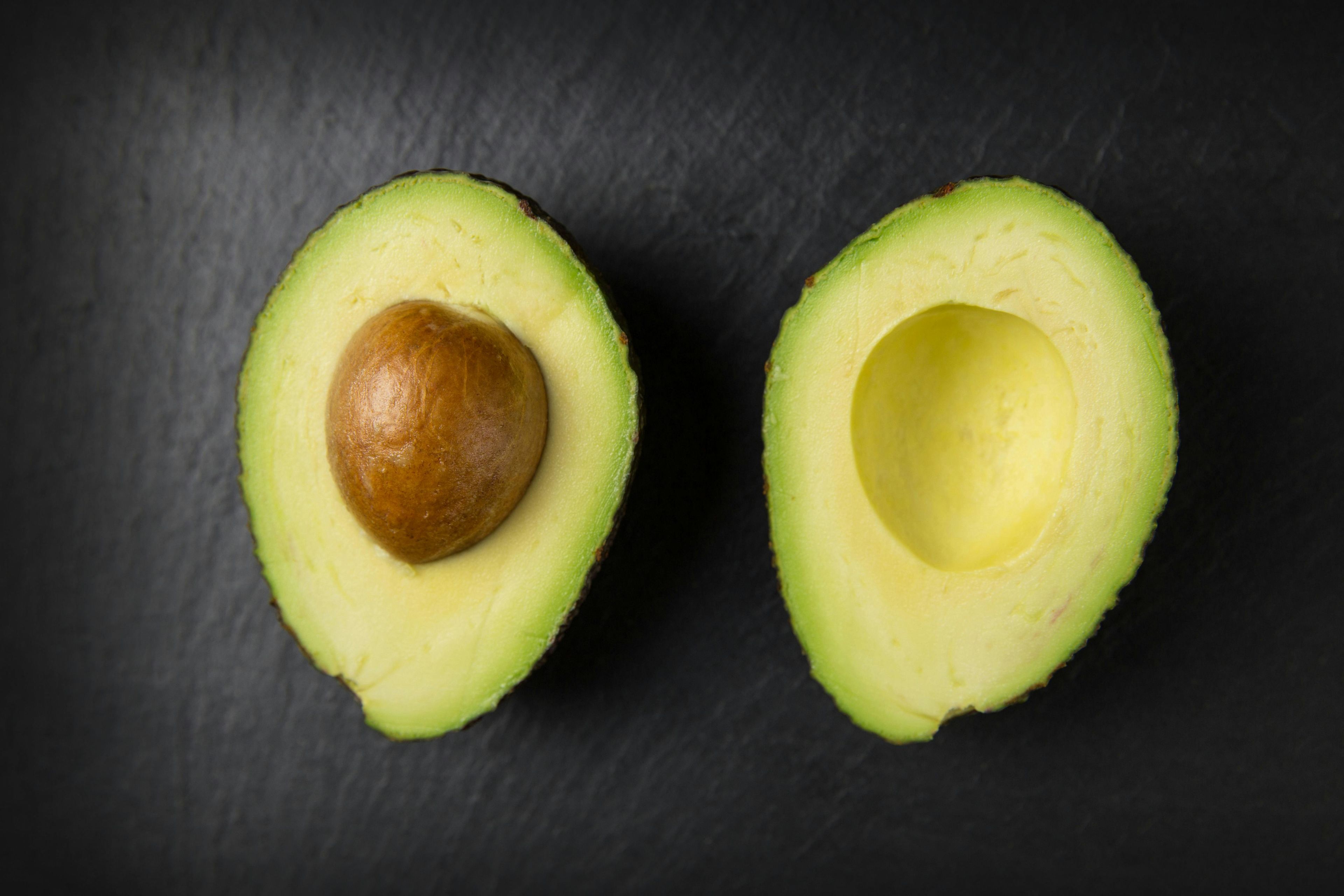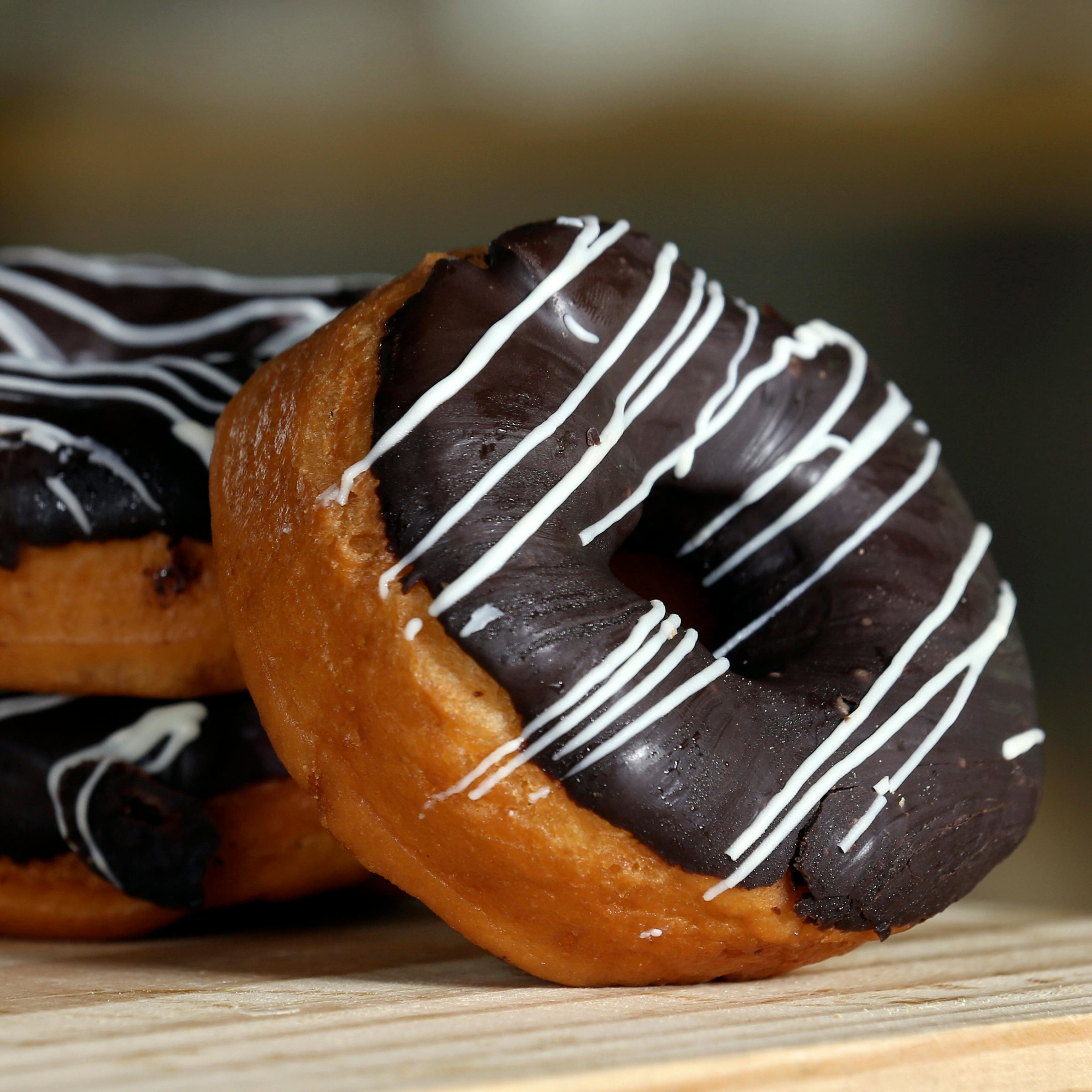9 Best Foods That Lower Cholesterol Naturally

If you are looking to shift toward a more heart-healthy lifestyle, incorporating foods that lower cholesterol into your diet is a great foundation to start with.
Your body naturally produces cholesterol in the liver to make hormones and various essential substances, resulting in two types of cholesterol:
Low-Density Lipoprotein (LDL) cholesterol (known as “bad” cholesterol)
High-Density Lipoprotein (HDL) cholesterol (known as “good cholesterol)
To stay heart-healthy, you want to eat foods that lower your LDL cholesterol and raise your HDL cholesterol. Understanding the role of cholesterol is essential, but making heart-healthy dietary choices is just as crucial.
In this blog post, we’ll explore:
Cholesterol-lowering foods to include in your diet
Eating fatty foods can lead to a buildup of LDL cholesterol in the bloodstream, which narrows or hardens the arteries, increases the risk for heart disease, and makes weight management more challenging. In particular, you want to avoid foods with saturated fat, such as red meat and full-fat dairy products, and foods with trans fat, such as fried foods, margarine, and commercial baked goods.
Related Blog: Can a Rowing Machine Help You Lose Weight?
Incorporating a variety of these 9 cholesterol-lowering foods into your diet is essential for maintaining heart health:
Fatty fish
Avocados
Beans
Whole grains
Extra virgin olive oil
Dark leafy greens
Nuts
Tea
Apples
Let’s dig in!
1. Fatty fish
Enjoying fish a couple times per week can have a dual impact on reducing LDL cholesterol. First, it serves as a meat substitute, which is high in LDL-raising saturated fats. And second, it serves up omega-3 fats, which lower LDL and reduce triglycerides, a circulating source of energy in the body that can contribute to heart disease risk when found in excess.
For a substantial dose of heart-healthy omega 3 fatty acids, consider including these fish in your diet:
Salmon
Mackerel
Trout
Tuna
Herring
2. Avocados
Rich in nutrients and monounsaturated fats, avocados are great for the heart. A randomized control trial shows avocados lower LDL and raise HDL. Substituting avocados for other fats in your diet can help lower the total cholesterol in your body, as well as reduce LDL and triglycerides.
Add two servings of avocados weekly to reduce your risk of heart disease. Sprinkle them in salads or sandwiches, enjoy them as a side dish, or try guacamole with fresh veggies for a healthy twist on dip.
3. Beans
Beans, like lentils, chickpeas, and black beans, are full of heart-healthy soluble fiber that can lower LDL cholesterol and help with weight management by keeping you full longer.
Packed with plant-based protein, fiber, antioxidants, and nutrients, beans are a must for a healthy heart. Moreover, their versatility offers endless ways to enjoy them in your diet.
4. Whole grains
Oatmeal, oat bran, barley, and other whole grains are rich in beta-glucan, a type of soluble fiber known for reducing “bad” LDL cholesterol by preventing it from entering the bloodstream.
The Institute of Medicine recommends 19 to 30 grams of daily fiber intake, depending on age and gender. Starting your day with oat-based cereals is an easy way to lower cholesterol, with a single serving providing 3 to 4 grams of fiber. Add fruit, like berries or a banana, for even more healthy goodness.

Did You Know?
Over 90% of Hydrow members are still active one year later.
5. Extra virgin olive oil
Extra virgin olive oil is packed with monounsaturated fats, which helps to increase HDL cholesterol and reduce LDL cholesterol. It is rich in antioxidants and carries anti-inflammatory properties that benefit your heart and overall health.
To lower cholesterol, consider replacing other fats with heart-healthy olive oil. Use it for sautéing veggies, in marinades, or as salad dressing with vinegar. You can also swap it for butter when basting meat or for dipping bread.
6. Dark leafy greens
Although many veggies are considered heart-healthy, dark, leafy greens offer special perks. Spinach and kale, for instance, contain lutein and other carotenoids known to reduce the risk of heart disease. These carotenoids double as antioxidants that fight harmful free radicals capable of hardening the arteries.
Additionally, dark leafy greens can bind with bile acids to help flush out extra cholesterol.
7. Nuts
Nuts are rich in unsaturated fats, which can lower LDL cholesterol levels when they replace saturated fats in your diet. They are also packed with fiber, helping to prevent cholesterol absorption and helping you flush it out.
Walnuts, peanuts, almonds, or other nuts are all great choices, but do keep in mind that nuts are calorie-rich, so a handful in your salad or as a snack is all you need.
Related blog: The 20 Best Foods to Eat Before and After Your Workout
8. Tea
Certain teas, such as green tea, are rich in antioxidants called catechins, which offer numerous health benefits. A recent study revealed the significant positive impact of green tea on cholesterol levels, particularly in reducing total and LDL cholesterol while preserving HDL cholesterol levels.
Tea contains a variety of plant compounds that promote heart health. And while green tea readily comes to mind, black and white teas offer similar health advantages. Two of the key compounds found in tea include catechins and quercetin.
Catechins help prevent blood clots, inhibit cholesterol synthesis and absorption, and support nitric oxide activation for healthy blood pressure. On the other hand, quercetin reduces inflammation and enhances blood vessel function.
In a nutshell, drinking tea can help reduce “bad” cholesterol levels and lower your risk of heart disease.
9. Apples
Depending on its size, a single apple can have anywhere from 3 to 7 grams of dietary fiber. As it turns out, this natural fiber helps remove cholesterol from the arteries, allowing your bloodstream to flow smoothly and your heart to stay healthy.
Speaking of staying healthy, apples are a great option for a snack before your workout, especially when paired with peanut butter.
Getting back to foods that lower cholesterol, research shows that eating two apples daily not only reduces total and LDL cholesterol levels but also effectively curbs the levels of triglycerides that can enter the bloodstream after eating.
Foods to avoid to lower your cholesterol
Keeping your LDL cholesterol levels in check is crucial for maintaining a healthy heart and reducing the risk of high blood pressure, heart disease, and stroke. To protect your heart and lower high cholesterol levels, the American Heart Association (AHA) suggests cutting back on saturated fat and trans fat. Trans fat in particular has been shown to not only raise LDL but also decrease HDL.
Consider completely avoiding or eating less of the following foods, which are high in these unhealthy fats:
Fast foods such as pizza, burgers, fries, and potato chips
Commercially baked goods, including pastries, doughnuts, muffins, cookies, pies, and cakes
Fatty meats like lamb and pork
Lard and shortening
Palm oil
If you have a high cholesterol level or other risk factors, it is best to steer clear of full-fat dairy products, such as butter, cream, and full-fat cheese. These foods may increase LDL cholesterol levels and, in turn, make you susceptible to heart disease.
Related blog: Is Diet More Important Than Exercise?
Final thoughts
Making foods that lower blood cholesterol a part of your diet is the way to go for a heart-healthy lifestyle.
Keep in mind that managing cholesterol isn’t just about healthy eating. To keep your heart healthy, incorporate regular workouts into your weekly routine, and remember to stick to your doctor’s advice on medication if you’re already having heart health issues.
Interested in a low-impact, full-body workout that offers cardio, strength, and recovery? Level-up your workout routine with an indoor rowing machine such as Hydrow. Each rowing stroke works a whopping 86% of your body’s muscles, making this workout great for cardio and focusing on your heart health.

Explore Hydrow
Learn more about how you can transform your fitness routine with a rowing machine.














